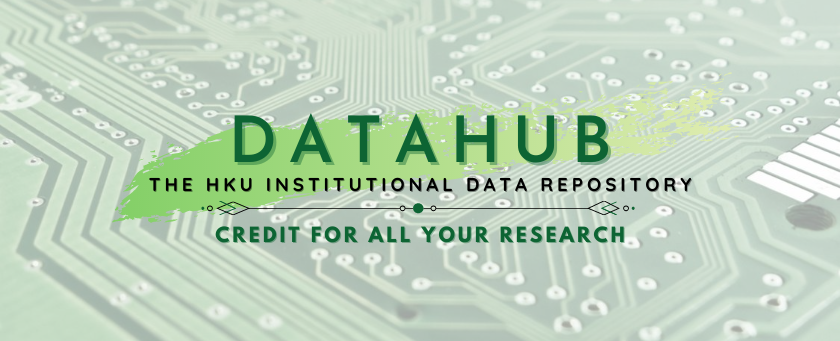Intellectual Property Rights (IPR)
Intellectual property rights (IPR) include copyright, patents, trademarks and design rights. IPR grant creators or owners of a work certain controls over its use. Some rights such as patents require registration, while others, such as copyright, accrue automatically upon the work's creation. IPR affect the way both you and others can use your research outputs. Failure to clarify rights at the start of the research process can lead to unexpected limitations for:
- Your research
- Its dissemination
- Future related research projects, and
- Associated profit or credit
Research funders often expect you to clarify IPR at the grant proposal stage in your data management plan.
- IPR Checklist by the PrePARe Project at Cambridge University
The HKU Intellectual Property Rights Policy sets out ownership of intellectual property rights of staff and students and explains the University position on both copyright and patents. Clause 5.1.3 (c) reads, "If research data included in a thesis are obtained by a collaborative effort (including collaboration between the Student and a supervisor or other researcher at the University), such data may be the joint property of the Student and the collaborating party. It is strongly advised that Students and supervisors/researchers make clear agreements in advance concerning the ownership and use of Intellectual Property Rights created in connection with a Student thesis."












